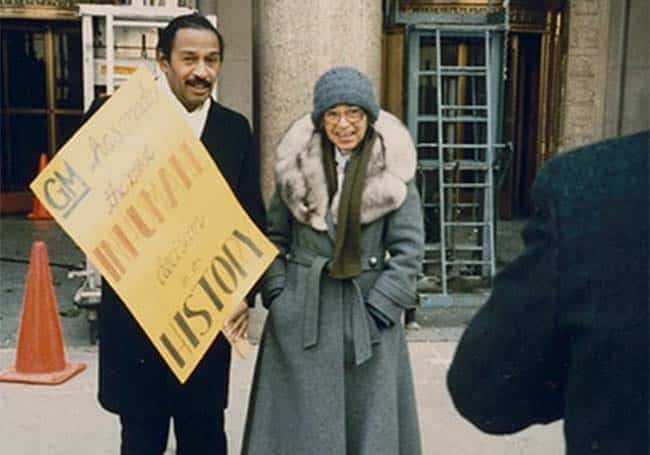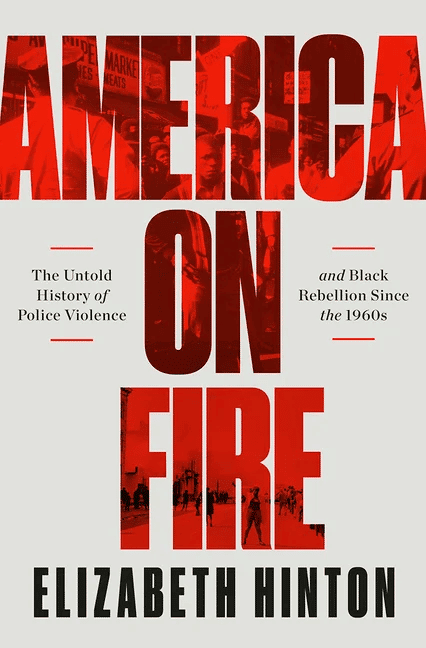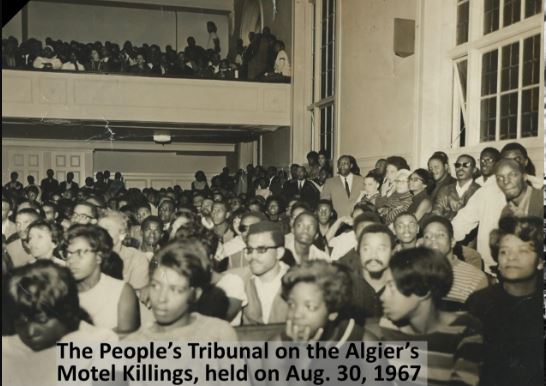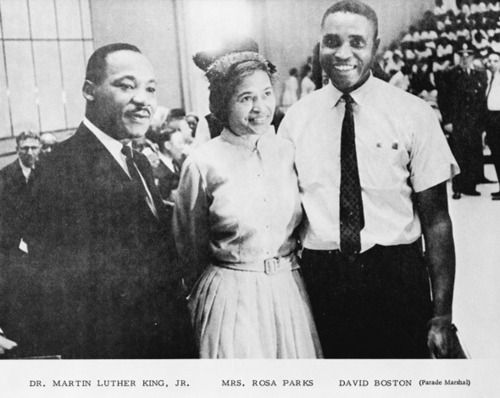For anyone interested in Northern liberalism and the Black Freedom Struggle, this is a must-read. Burgin’s study of white anti-racist organizing in Detroit shows how groups of white Detroiters took up the Black Power imperative and challenged the structures of job discrimination, media bias, political power, and policing in the city. In the process, they denaturalized the racial prerogatives of Northern liberalism, showing it as set of personal and policy choices. — historian Jeanne Theoharis
 In the mid-1960s, as the politics of Black self-determination gained steam, Black activists had a new message for white activists: Go into your own communities and organize white people against racism. While much of the media at the time and many historians since have regarded this directive as a “white purge” from the Black freedom movement, Say Burgin argues that it heralded a new strategy, racially parallel organizing, which people experimented with all over the country. Organizing Your Own shows that the Black freedom movement never experienced a “white purge,” and it offers a new way of understanding Black Power’s relationship to white people in United States.
In the mid-1960s, as the politics of Black self-determination gained steam, Black activists had a new message for white activists: Go into your own communities and organize white people against racism. While much of the media at the time and many historians since have regarded this directive as a “white purge” from the Black freedom movement, Say Burgin argues that it heralded a new strategy, racially parallel organizing, which people experimented with all over the country. Organizing Your Own shows that the Black freedom movement never experienced a “white purge,” and it offers a new way of understanding Black Power’s relationship to white people in United States.
By focusing on Detroit from the mid-1960s through the mid-1970s, this volume illuminates a wide cross-section of white activists who took direction from Black-led groups like the Northern Student Movement, the City-Wide Citizens Action Committee, and the League of Revolutionary Black Workers. Organizing Your Own draws on numerous oral histories and heretofore unseen archives to show that these white activists mobilized support for Black self-determination in education, policing, employment, and labor unions. It was a trial-and-error effort that pushed white activists to grapple with tough questions — which white people should they organize and how, which Black-led groups should they take direction from, and when did taking Black direction become mere sycophancy. The story of Detroit’s white fight for Black Power thus not only reveals a broader, richer movement, but it carries great insight into questions that remain relevant. [Adapted from publishers’ description.]
ISBN: 9781479814145 | New York University Press
Download an instructor’s guide to accompany the book via New York University Press












Twitter
Google plus
LinkedIn